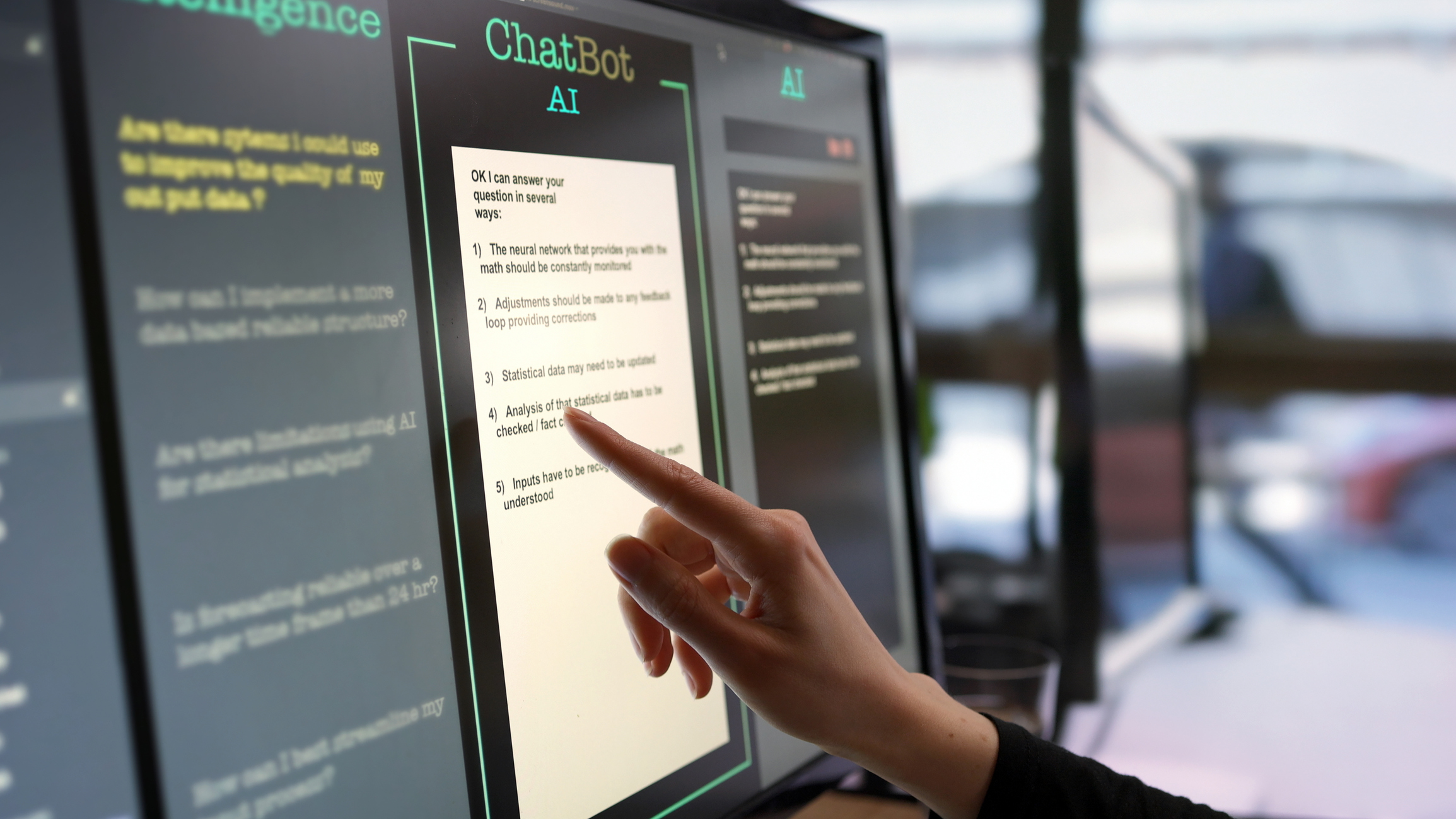At the Fairmont San Francisco Hotel in San Francisco, President Joe Biden made remarks about technological development in the United States before he met with the President’s Council of Advisors on Science and Technology on Sept. 27.
His remarks focused primarily on further expanding health care access for Americans and the implementation of artificial intelligence. Biden said that he had an interest in harnessing “the power of artificial intelligence for good while protecting people from the profound risk it also presents … the profound risk if we don’t do it well.”
“This fall, I’m going to take executive action,” Biden announced. “And my administration is going to continue to work with bipartisan legislation so America leads the way toward responsible AI innovation.”
AI is a field of science in which computers are trained by humans to solve problems the same way humans do. Concerns about developments in the field were outlined in a March 2023 open letter from the Future of Life Institute, featuring high-profile signatories including tech mogul Elon Musk, Apple Co-Founder Steve Wozniak, and former 2020 presidential candidate Andrew Yang, among others.
This open letter called for a six-month pause on developing AI systems more powerful than GPT-4, which is available publicly via ChatGPT from OpenAI. The concerns the open letter expressed were wide reaching—ranging from disinformation and automation to potential human extinction.
AI risks regarding extinction are for the most part speculative, but fake information spawned from AI (e.g., videos and images) is incredibly real and damaging as explained by CNET in August 2023.
“Problems arise when we can’t tell AI from reality,” writes CNET’s Oscar Gonzalez. “Or when AI-generated content is intentionally made to trick people—so not just misinformation (wrong or misleading information) but disinformation (falsehoods designed to mislead or cause harm).”
Another tangible issue facing AI is biases that may arise based on what sets of data it reads with its algorithms. In September 2022, Forbes contributor Bernard Marr presented examples of bias occurring—specifically racist biases in housing and policing.
Specifically, AI information gathering and its biases could affect agents and insurers through its application in user-based insurance. Based on information that is collected from users, insurance companies and agents can make decisions about what types of coverage can be provided.
For example, take car insurance. Cars already collect massive amounts of data without their users’ consent. Given these biases in AI, discriminatory or otherwise, consumers can be adversely affected in how coverage is determined with UBI if insurers outsource their labor to AI.
However, if these biases are accounted for, AI provides opportunities for easing the burden of labor on systems through its ability to take on and process large quantities of data, among other applications.
This is not the first time that Biden and his administration have taken steps on the development of AI. In July 2023, the administration announced that it secured the voluntary commitments of seven of the leading companies in the field to develop the technology responsibly. In September 2023, eight more companies made voluntary commitments to safe AI development.
The specific contents of Biden’s upcoming executive order are unknown, but the Biden administration has previously drafted a Blueprint for an AI Bill of Rights. This blueprint by the administration was designed around five pillars of public safety, from data privacy to human alternatives when AI fails.
For now, we will have to wait to see what this bill entails, and how it will affect the development of AI. This technology can alter the lives of millions of people through data processing and collection, among other uses. It is important that boundaries are set before innovative technology becomes something harmful.
Matt McDonough is PIA Northeast's writer, editor and content curator. Matt joined PIA Northeast in September 2023. Before that, he had been an editor for the online entertainment magazine Collider from 2021-23 as a copy editor for its lists section. Matt entered the world of journalism at his alma mater, SUNY New Paltz, writing and reporting for the college's student run newspaper, The New Paltz Oracle. He graduated from SUNY New Paltz with a Bachelor of Arts in English and a minor in Creative Writing in 2020.







